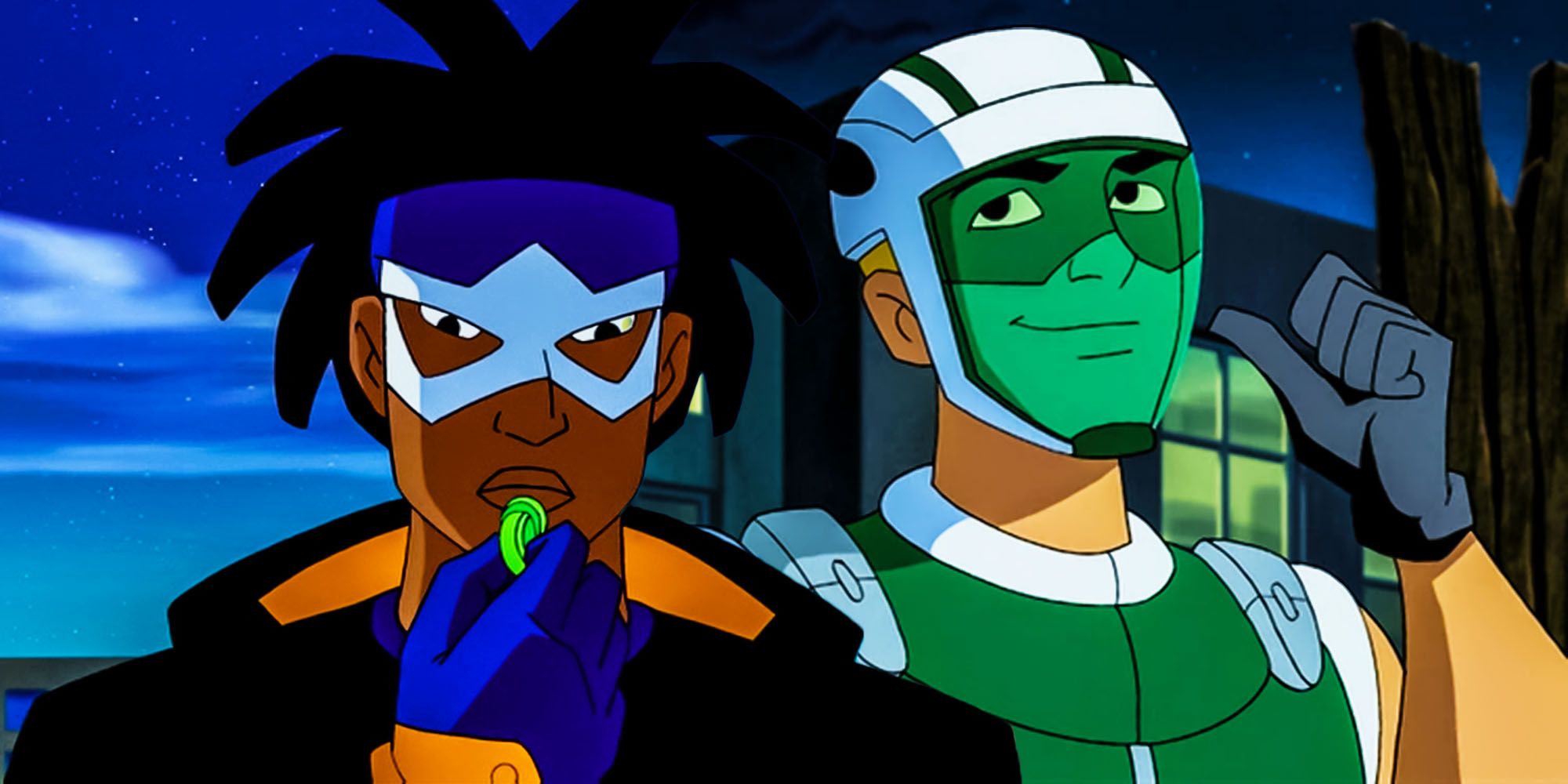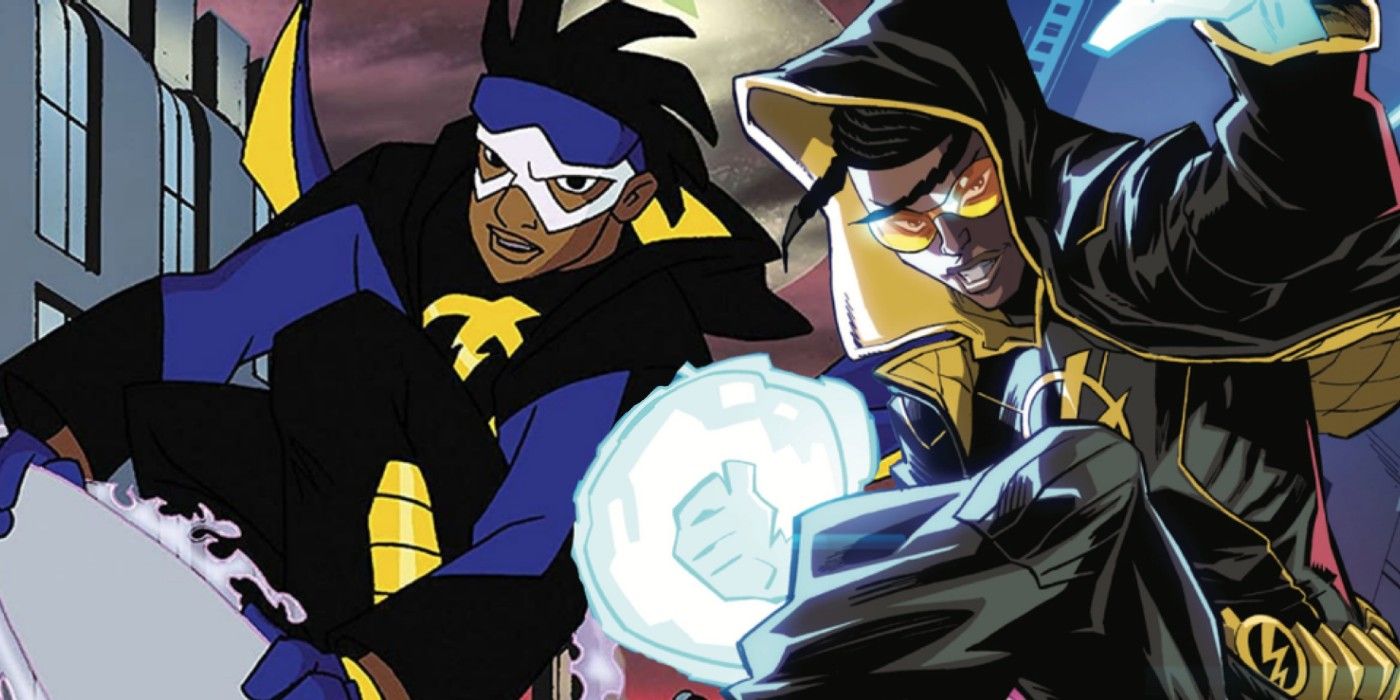Before CW's Arrow, Batwoman, or Legends of Tomorrow, DC introduced its first gay superhero to TV in the Static Shock animated series, far earlier than most people think. Known for shows like Batman: The Animated Series and Justice League Unlimited, the DC Animated Universe was never lacking in representation, and it wasn’t out of place for them to establish some groundbreaking characters. However, few knew that late Static Shock creator Dwayne McDuffie was subtle about it, but not afraid to add a gay character to the Saturday morning experience.
Adapted from the Milestone comic following the superhero known as Static, the Static Shock animated series premiered in 2000 and introduced Richard “Richie” Foley. Known for his quirky personality, quips, and love of all things nerdy, he was Virgil Hawkins, a.k.a. Static’s best friend and a favorite among the animated show's audience. Often operating out of “The Abandoned Gas Station of Solitude” as Virgil’s crime-fighting partner, it was in Static Shock season 3 that Richie met the Justice League, developed powers of his own, and became the hyper-intelligent superhero Gear.
However, it was long suspected by fans that the character may have been a closeted member of the LGBTQIA+ community and that he was held back by the show’s Y7 rating. Over the years, details such as the lack of a romantic interest and Dwayne McDuffie’s use of inclusion began to raise questions about the character’s sexuality. However, while many may dismiss it as a wish for more representation on Saturday mornings, clues in the comics and the words of the late creator himself establish that Gear was gay, predating a majority of DC TV's current LGBTQIA+ characters.
While a character called Richie Foley does not appear in the original comics, the cartoon character is actually an amalgam of two other characters in Static’s supporting cast, Rick Stone and Frieda Goren. Frieda was originally Virgil's confidant and did appear in the DC comics TV show, but it’s the former that caught the audience’s attention. Rick was outed after being attacked by a hate mob in the comics, and although not exactly a pleasant scene between him and Static, it affirmed what people suspected. With the revelation of Rick’s sexuality, it made sense that his Static Shock animated series counterpart was also secretly closeted by Kids' WB. McDuffie, who created both characters, later confirmed this (via MilestoneWorld - warning: triggering language in the comments). He noted that he'd always considered Gear to be gay and softly hinted at this throughout the show’s run. In essence, this made Static Shock's Richie DC’s first confirmed gay superhero on television.
With The CW’s diverse lineup, it’s easy to forget how far DC television has come and the characters who paved the way for them. Although Gear doesn’t get as much love or recognition as many characters today, he was an important step toward broader representation on TV, particularly for DC, and one of the reasons Static Shock was considered the definitive adaptation of the comic. With the upcoming adaptation in development, perhaps Richie Foley, or even the original Rick Stone, will be seen, not only as a gay icon but also as the hero Dwayne McDuffie imagined him to be.


